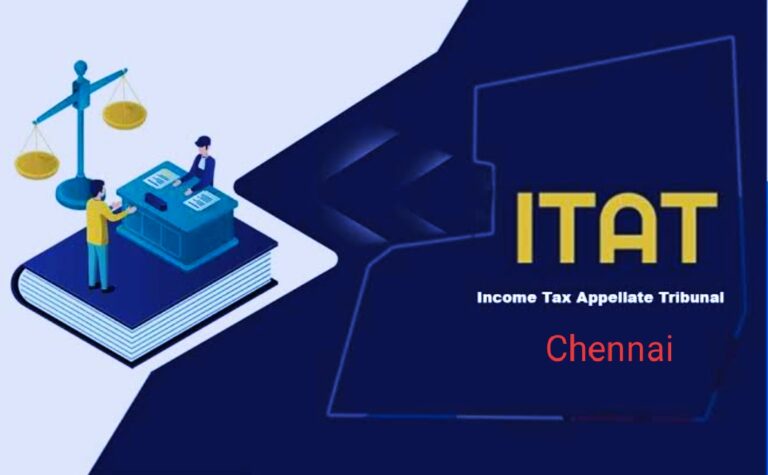ITAT emphasized the importance of procedural correctness and evidentiary standards in tax assessments
The recent ruling by the Income Tax Appellate Tribunal (ITAT) Chennai has brought relief to Prakash Ferrous Industries Private Limited (I.T.A No.623/Chny/2023), dismissing the appeal by the Revenue (Assistant Commissioner of Income Tax). The tribunal also rejected the Cross Objections by the assessee for the assessment year 2020-21, upholding the order of the Commissioner of Income Tax (Appeals) 18, Chennai dated 23.03.2023.
Background and Petition
The Revenue’s appeal centered around the contention that the Commissioner of Income Tax (Appeals) (CIT(A)) had erred in law and in particulars by removing specific additions made under sections 69A and 69C of the Income Tax Act, 1961. These sections deal with unexplained money and unexplained expenditure, respectively. The taxpayer raised procedural objections, including concerns about the issuance of notices under section 143(2) of the Act and the satisfaction note under section 153C.
Facts and Procedural History
The case stemmed from an investigation under section 132 of the Act on 25.07.2019 at the premises of M/s. Sakthi Ferro Alloys India Private Limited and related entities, including a survey at Prakash Ferrous Industries Private Limited. This led to the seizure of various materials and the initiation of proceedings under section 153C against the taxpayer for the relevant assessment year.
During these proceedings, additions were made to the taxpayer’s income based on unexplained money and expenditure found in loose sheets discovered during the search. The CIT(A) subsequently deleted these additions, prompting the Revenue to appeal to the Income Tax Appellate Tribunal.
ITAT’s Decision Analysis
(i) Deletion of Addition under Section 69A: The ITAT upheld the CIT(A)’s decision to remove the addition of ₹ 96,54,335 attributed to unexplained money. This was because the seized loose sheets were not found at the taxpayer’s premises but in the cabin of an individual named Shri Manohar. The Tribunal noted the lack of direct proof linking these documents to the taxpayer and the failure of the Assessing Officer (AO) to provide the taxpayer an opportunity to explain.
(ii) Deletion of Addition under Section 69C: The ITAT also supported the CIT(A)’s decision to delete the addition of ₹ 3,84,840 linked to unexplained expenditure. This was due to insufficient evidence and the AO’s failure to demonstrate that the taxpayer had made unaccounted purchases from M/s. Emjay Steel Udyog Private Limited.
(iii) Issues with Notices under Section 143(2) and 153C: The Tribunal found that issuing a notice under section 143(2) was not mandatory for finalizing the assessment under section 153A, referencing the Hon’ble Delhi High Court’s decision in Ashok Chaddha v. ITO. Similarly, it dismissed the taxpayer’s objections regarding the satisfaction note under section 153C, stating that the taxpayer had indeed received it and explaining a typographical error in the assessment order.
Conclusion
In the case of ACIT vs. Prakash Ferrous Industries Private Limited, the ITAT emphasized the importance of procedural correctness and evidentiary standards in tax assessments. By rejecting the Revenue’s appeal and the taxpayer’s cross objections, the Tribunal reiterated the AO’s obligation to provide clear evidence and adhere to due process before adding to the taxpayer’s income under the Income Tax Act. This ruling serves as a significant reference point for tax advisors and taxpayers facing similar issues.
For expert tax assistance and guidance on navigating such matters, Prakash Ferrous Industries Private Limited offers a reliable resource.
To Access the CBDT Notification 22/2024 Dated 21 February 2024 CLICK HERE
Read More
Income Tax Department Recovers Rs 65 Crore from Congress Party Account out of Rs 115 Crore Demand
Income Tax Department May Issue Notices to Such People: Stay Informed

Amazing blog! Do you have any tips for aspiring writers? I’m hoping to start my own website soon but I’m a little lost on everything. Would you suggest starting with a free platform like WordPress or go for a paid option? There are so many options out there that I’m completely overwhelmed .. Any suggestions? Thanks!